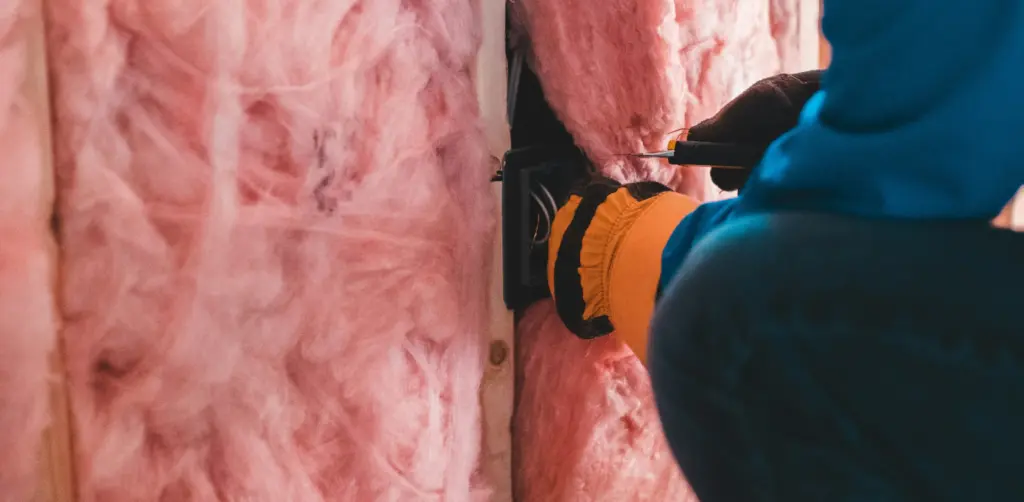In Malta, we often think of insulation as something made for far colder places. It brings to mind snowy rooftops in Sweden or mountain homes in Canada, built to trap warmth through long, icy winters. But insulation is not just a cold-weather solution. It is a smart, energy-saving system that works in any climate, including Malta’s sunny and often humid one. And right now, it is something Malta needs to take more seriously.

Across Europe and beyond, insulation is not optional. It is standard. Whether it is to keep the heat out or the warmth in, governments have introduced clear building regulations to make homes and offices more efficient, more comfortable, and more sustainable. Countries like Germany, Hungary, and Canada build with insulation at the core of their national building codes. Even warmer regions such as southern Spain and Australia understand that insulation is key to managing indoor comfort and reducing energy use. Their governments offer support in the form of tax breaks, grants, and other incentives for energy upgrades. Malta, by contrast, is still lagging behind.
The reality is that most Maltese buildings were not designed with insulation in mind. Many older homes were built long before energy performance became part of the construction conversation. There is often no insulation in the walls, no protection in the roofs, and nothing under the tiles. In summer, buildings absorb heat and hold onto it, long after the sun has set. In winter, they lose warmth faster than it can be generated. This leads to a cycle of over-reliance on air conditioning, fans, or electric heaters, which drive up electricity bills and do little to improve long-term comfort.
Proper insulation offers a different future. It reduces the need for constant temperature control, helping to lower electricity bills while maintaining more stable indoor conditions throughout the year. A well-insulated home feels cooler in summer, warmer in winter, and less affected by temperature swings. It also dampens outside noise, especially useful in Malta’s denser residential areas where construction and traffic are constant. By controlling moisture and reducing drafts, insulation contributes to better air quality and healthier living environments. Most importantly, it reduces a building’s overall energy use, making it part of a broader shift toward environmental responsibility.
One of the most important opportunities Malta faces is in retrofitting existing buildings. While new construction is slowly catching up to higher performance standards, the real challenge lies in the homes and properties that already exist. Thankfully, the solution does not involve demolition or rebuilding. Today’s insulation technologies allow for smart retrofitting options. These include adding insulation to roof slabs, applying thermal plasters to internal walls, or installing additional layers where space allows. The work can be done with minimal disruption and maximum impact.
Support for this kind of improvement already exists across Europe, with funding opportunities tied to energy efficiency, climate resilience, and green recovery programs. Malta is in a strong position to tap into these funds and lead the conversation around smarter building. We just need to prioritise long-term value over short-term convenience.
Insulation may not be the most visible part of a building, but it plays a critical role in its performance. It protects comfort, reduces waste, and brings down energy costs. It is a solution that serves both homeowners and the environment, and it is one that Malta cannot afford to ignore.
We have the sun, the sea, and the stone. Now it is time to build smarter around them. With the right systems in place, we can make our homes quieter, more comfortable, and more efficient for years to come.